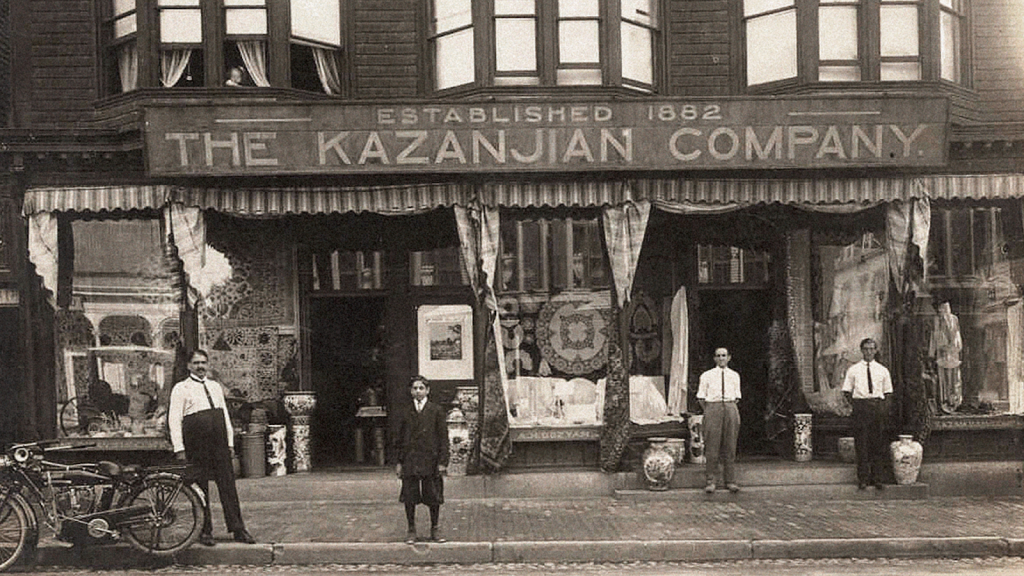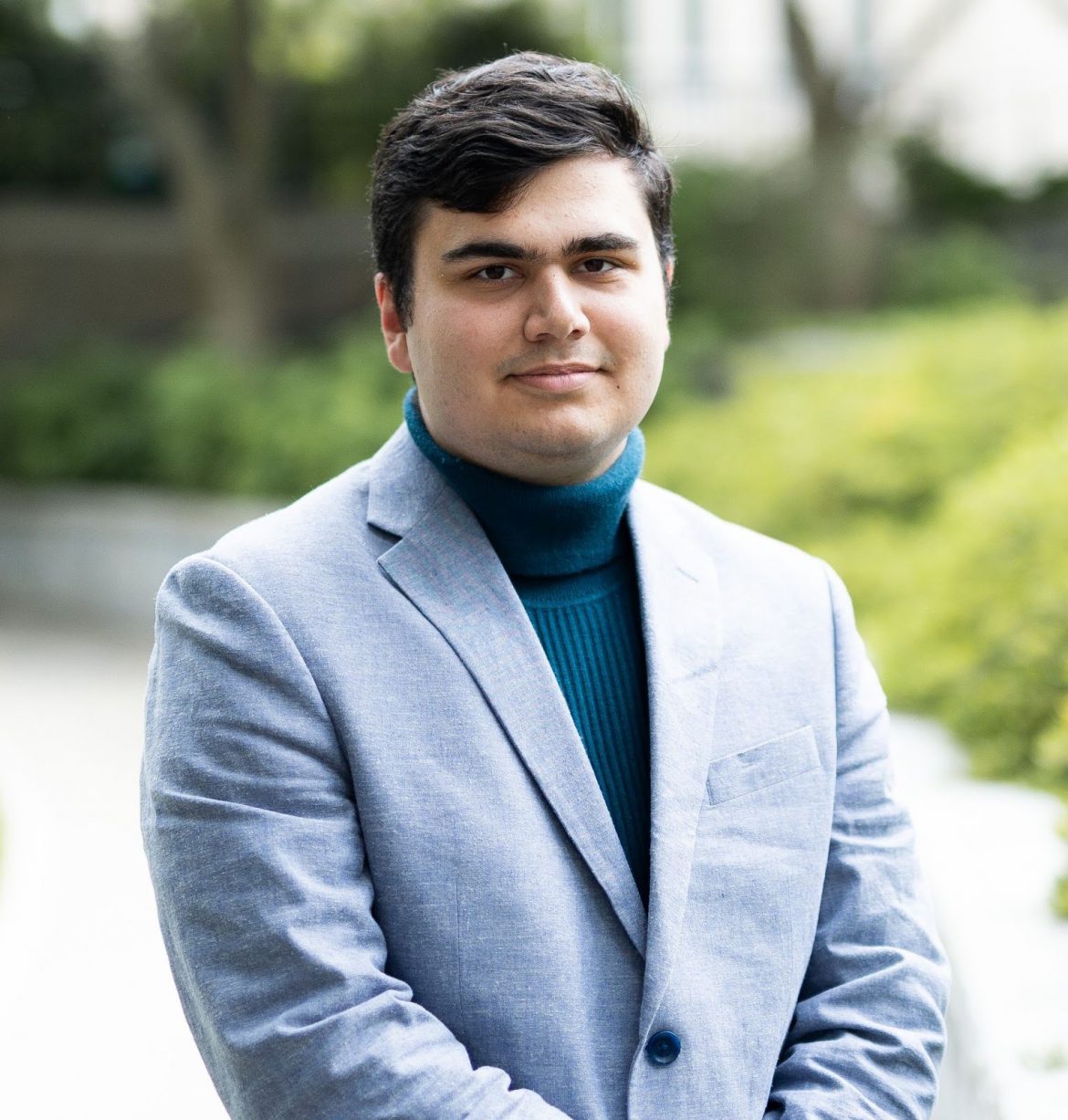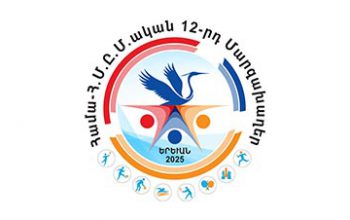By Armen Bagdassarian
Very few things are more Armenian than establishing our own businesses. No matter the empire we were persecuted under, we as a community have always been able to forge our path by carving ourselves into the economies of these nations. From Persian to Turkish to Russian rule, we historically dominated across all markets, whether it was making the finest carpets and textiles or constructing the buildings and homes of the citizens of the country. After the Armenian Genocide, thousands of Armenians who were uprooted from their family businesses came to the United States and followed the American dream. In the late 19th and early 20th centuries, many Armenians settled in major cities like New York, Boston, and Los Angeles and smaller towns like Fresno and Worcester, where employment didn’t require being proficient in English. These urban centers became the new homes for thousands of Armenians, and upon arrival, many Armenian immigrants faced significant challenges, including language barriers, discrimination, and economic hardship.
The first wave of Armenian-American businesses typically consisted of small, family-owned establishments that catered primarily to fellow immigrants. Grocery stores were among the first businesses that Armenian immigrants established, and these stores not only provided a livelihood for their owners but also became vital hubs for the Armenian community. They offered familiar foods and products from the homeland, which helped new immigrants maintain their cultural identity and culinary traditions. Additionally, these stores often served as informal community centers where Armenians could gather, exchange news, and support one another.
Tailor shops were another common type of business established by Armenian immigrants, and as many Armenians had a background in textile work and tailoring, their skills were highly transferable to their new home. These tailor shops provided much-needed services to both the Armenian community and the broader population. Over time, some Armenian tailors gained reputations for their exceptional craftsmanship, attracting a diverse clientele and achieving considerable success.

Bakeries were also a significant part of the early Armenian-American business landscape. Armenian bakers introduced traditional bread and pastries, such as lavash and baklava, to their new neighbors. These bakeries quickly became popular not only among Armenians but also within the wider community, contributing to the cultural melting pot of American cities. The success of these bakeries demonstrated the potential for Armenian businesses to appeal to a broader market while preserving and promoting their cultural heritage.
In the contemporary era, Armenian-American businesses have evolved significantly from their humble beginnings, becoming influential in various industries across the United States. Building on the foundations laid by their immigrant ancestors, modern Armenian-American entrepreneurs have leveraged education, technological advancements, and a globalized economy to create successful enterprises that drive economic growth, contribute to their communities, and preserve their cultural heritage.
The technology sector is one of the most notable areas of success for Armenian-American businesses in recent years. Silicon Valley, the epicenter of tech innovation, boasts a significant presence of Armenian-American entrepreneurs and professionals. Companies like ServiceTitan, co-founded by Ara Mahdessian and Vahe Kuzoyan, have revolutionized the field service management industry, providing software solutions to millions of customers. Similarly, Reddit, a major social media platform, was co-founded by Alexis Ohanian, who is of Armenian descent. These tech companies exemplify the innovative spirit and entrepreneurial acumen of Armenian-Americans in the digital age.

In addition to technology, Armenian-Americans have made significant strides in the entertainment industry. Filmmakers, actors, and musicians of Armenian descent have made notable contributions to Hollywood and beyond, bringing Armenian stories and talents to a global audience. For example, director and screenwriter Atom Egoyan has been widely acclaimed for his work in film, while singer and songwriter Serj Tankian, lead vocalist of the band System of a Down, has gained international fame for his musical contributions and activism. The real estate sector has also seen a strong presence of Armenian-American entrepreneurs. In cities with large Armenian populations, Armenian-American real estate developers and agents have played a crucial role in urban development and community building. These professionals have facilitated residential and commercial growth and have been instrumental in creating vibrant Armenian neighborhoods that maintain cultural traditions and foster a sense of belonging. For instance, developers like Ara Hovnanian, CEO of Hovnanian Enterprises, have made significant contributions.
Healthcare is another field where Armenian-American doctors, researchers, and healthcare providers are renowned for their expertise and dedication. Organizations like the Armenian American Medical Society (AAMS) support these professionals by promoting education, collaboration, and community service. Armenian-American-owned medical practices, pharmacies, and healthcare startups continue to advance medical science and provide high-quality care to diverse populations. Furthermore, philanthropy and social responsibility are deeply ingrained in the ethos of contemporary Armenian-American businesses. Many successful entrepreneurs actively give back to their communities through charitable foundations, scholarships, and support for cultural and educational initiatives. For example, the Tufenkian Foundation, established by carpet entrepreneur James Tufenkian, focuses on humanitarian aid, education, and sustainable development projects in Armenia and the diaspora.
Another notable example is Kirk Kerkorian, the Armenian-American businessman and philanthropist who was the owner of MGM, one of the most significant film studios and entertainment companies in the world, who not only aided with charitable organizations but pushed for the filming of The Promise, bringing attention to the Armenian Genocide to the masses. These philanthropic efforts address immediate needs and contribute to the long-term development and prosperity of Armenian communities worldwide. Many Armenian-American entrepreneurs sponsor cultural events, support Armenian schools and churches, and contribute to maintaining community centers. For instance, the annual Armenian Food Festival in various U.S. cities showcases traditional Armenian cuisine, music, and dance, attracting thousands of attendees and fostering cultural exchange.
However, more important than amassing capital, we’ve allowed for Armenian advocacy in every corner of American life by spreading ourselves across so many fields. This widespread integration means our issue gets visibility and support rather than isolating our community and its goals. Our interactions with other cultures in America contribute to the beauty of America’s melting pot and allow us to support those facing similar challenges while also bringing attention to our issues to people who wouldn’t have otherwise. With future generations, one thing can be sure. Armenian-Americans will continue to aim higher and higher, charting their course but always making sure of one thing: No matter what field they enter, we’ll always value our culture and advocate for our people, whether we dry clean clothes, manage a warehouse, or work for the President of the United States.
Armen Bagdassarian is an undergraduate student at Emory University studying Business Administration and Political Science. He is a 2024 Leo Sarkisian Intern and previously worked for Erebuni Armenian School. Outside his studies, he works for a nonprofit consulting organization for family-run small businesses and is a Director for IMUNA, a UN-affiliated nonprofit.




